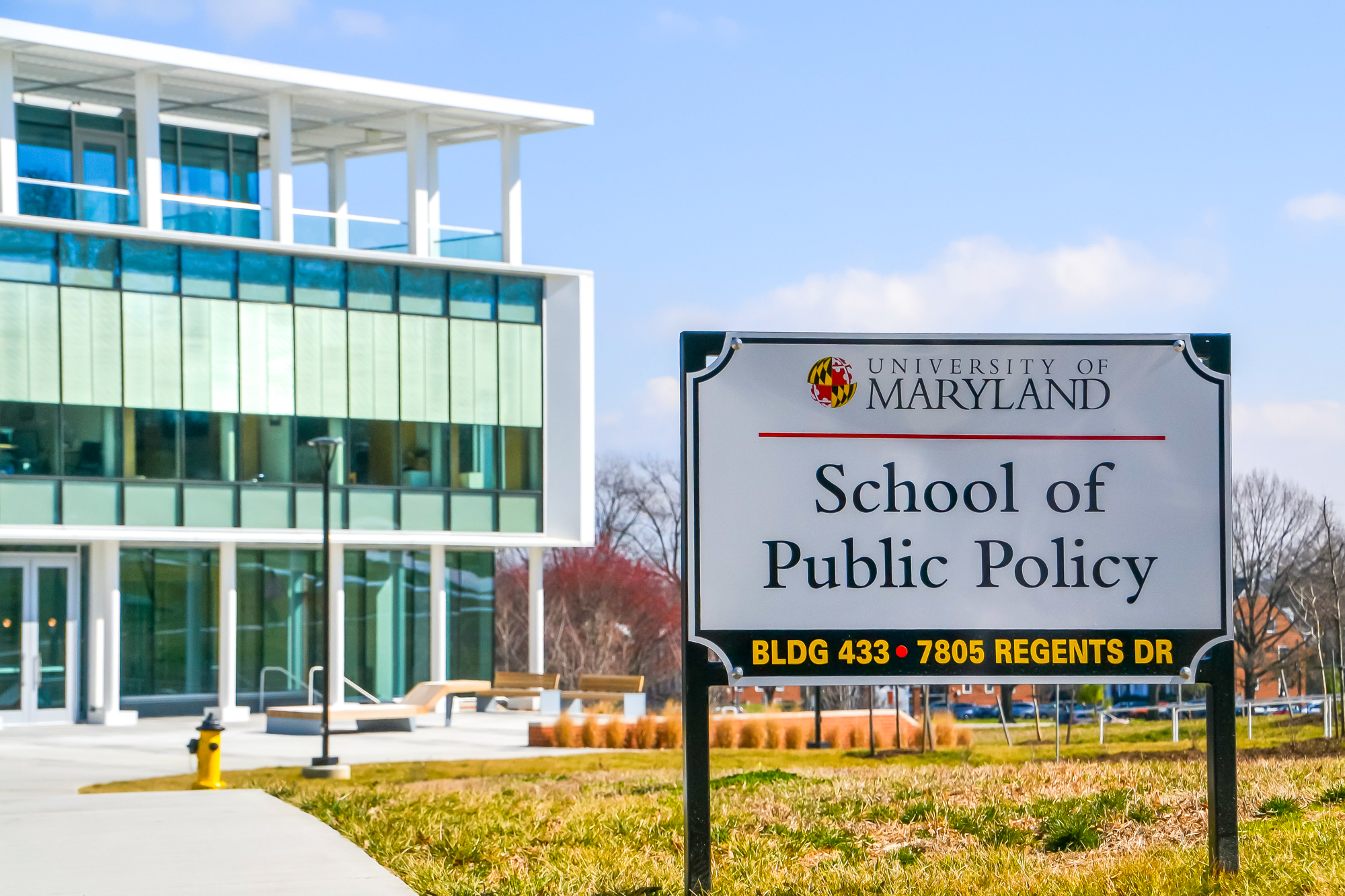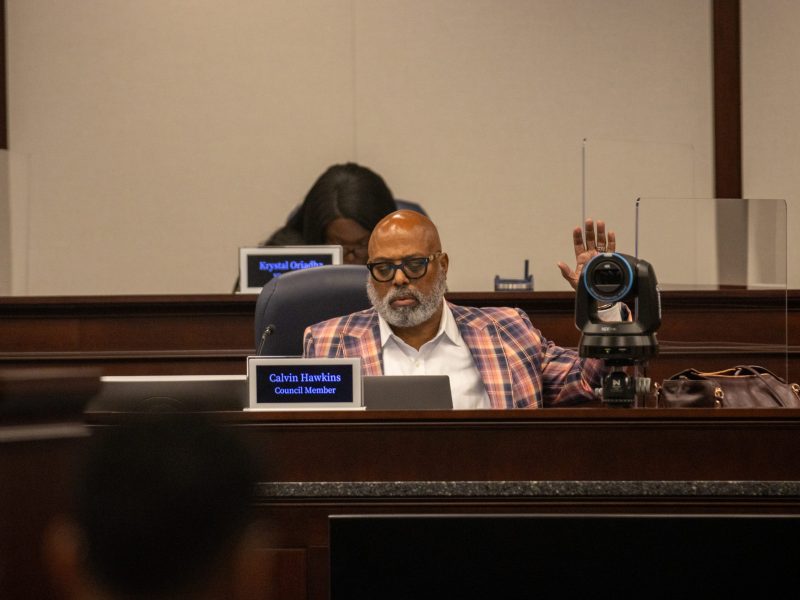Sophomore University of Maryland neuroscience major Anika Subramanya was told she would intern for the National Institutes of Health this summer.
Subramanya, who expected to do research in a lab with the NIH, only needed a signed offer letter to secure her position. With her internship set in stone for a few months, she didn’t apply anywhere else.
But in February, she received an email announcing that the internship program had been cancelled for the summer.
“So much can change in such a little amount of time,” Subramanya said.
Subramanya is just one of the many students impacted by a federal hiring freeze that upended post-graduation and summer internship plans for college students across the country
The hiring freeze, signed on Jan. 20 — U.S. President Donald Trump’s second inauguration — immediately paused nearly all hiring for vacant positions and adding new positions to the federal civil service. The freeze did not apply to public safety, immigration, national security or military positions.
The executive order enacting the hiring freeze stipulates that by late April, the Office of Management and Budget’s director will submit a plan to shrink the size of the civilian workforce — which would end the hiring freeze.
Once the hiring freeze is lifted, agencies will only be able to hire one employee for every four who leave the government, according to a White House fact sheet.
[UPDATED: ICE drops out of UMD spring career fair]
Trump instituted a federal hiring freeze at the beginning of his first term for 79 days. But this plan comes alongside the second Trump administration’s promises to “dramatically reduce” the size of the federal government.
Twenty-eight percent of graduate students and 10 percent of undergraduate students in the public policy school went on to work for the federal government after graduation in 2023, according to the school’s internship and employment report.
“Our students will find ways to still do the important work that they came to school to do, and that is not something that I’m just guessing will happen,” said Bryan Kempton, the public policy school’s director for career services and alumni relations. “I’ve seen it happen before.”
Kempton said he has talked to many students who have contacted him wondering what this hiring freeze could mean for their future.
Kempton said he has seen recessions, government shutdowns, terrorist attacks and other events that had an impact on the employment market during the more than 20 years he’s worked with the public policy school. But in every instance, he said, students have adapted.
[Maryland Democrats push bills, legal action to combat Trump’s executive orders]
The federal government is the country’s largest employer, according to the U.S. Department of Labor.
Public policy graduate student Valerie Graham said this hiring freeze has made her rethink her future jobs. Before the pause, she mostly looked into positions in the federal government.
She was in the middle of interviewing for a few federal policy jobs when the freeze began.
“It’s just too up in the air to count it as a possibility, which I know is disappointing for a lot of folks who want to do good and who want to make a difference in the world,” Graham said.
Many people who want to make an impact work for the federal government because of job stability and the opportunity to do something good for the country, even with low pay, Graham said.
Even after the hiring freeze is lifted, Graham doesn’t think the fear of entering the federal workforce will disappear.
The Trump administration has continued to institute mass federal workforce layoffs. It ordered agencies to fire most probationary employees on Feb. 13, according to the Associated Press. Layoffs at multiple government agencies — including the Department of Veterans Affairs, Center for Disease Control and Department of Homeland Security — have been reported by the Associated Press.
“It’s kind of a really bleak time to be trying to get a policy job right now in the federal government,” Graham said. “There’s just such a sense that even if you have something now, you might not have it in the future, and if you are trying to get something now, you may as well give up.”



